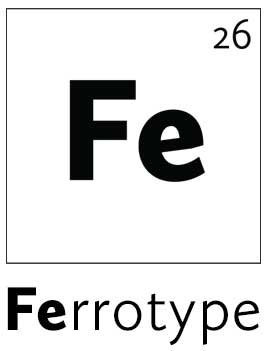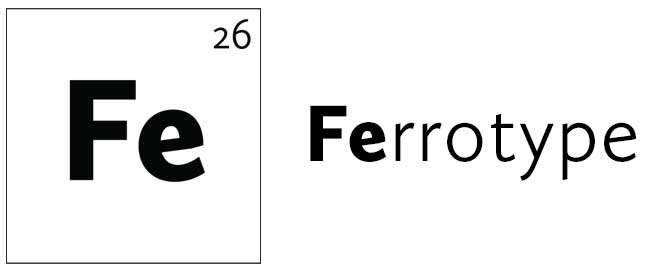What is a B Corp?
Introduction
Lately you may have started noticing a certain logo appearing proudly on the website of companies both small and large - a simple black B in a circle with the words Certified and Corporation surrounding it. Despite being around for more than 15 years, it is only relatively recently that there has been much public understanding of what this refers to. So, what is a B Corp?
B Corps are businesses that have been assessed and awarded certification by B Labs, a non-profit organization which aims to make all business a force for good by helping them their balance profit with purpose. The names B Corp and B Labs reference the point that there is no Planet B
Any company that has reached a sufficient score to qualify will be meeting high standards in areas such as supply chains, materials used, employee care and charitable giving.
How does it work?
In order to pass the assessment and certify as a B Corp, companies must score 80 points out of a maximum score of 200 on the B Impact Assessment. Currently the average score for companies that have taken the assessment is 50.9, meaning that it often takes several attempts to gain certification and isn’t a short process. The certification is reviewed every three years to ensure that all this good practice is being kept up, that sustainability is improving and staff teams are being nurtured.
Brewdog, the cult beer brand, scored 81.8 out of a potential 200, so just managed to pass the acceptance bar; they have since lost their B Corp status. At the other end of the scale, the outdoor clothing brand Patagonia, whose founder has given the entire company over to a foundation with all profits being used to fight the effects of climate change, is one of the highest-scoring businesses globally with a score of 151.5.
Patagonia - highest scoring B-Corp company
Brew Dog - no longer a B-Corp company
As sustainability becomes ever more important to brands, the interest in becoming a B Corp is rising fast. B Labs was founded back in 2006 by Jay Coen Gilbert, Bart Houlahan, and Andrew Kassoy, and of the nearly 5,000 B Corps members worldwide, 1,000 have been added in the last year alone. Over 100,000 companies have applied for membership though, demonstrating how hard it is to fulfill the criteria.
Members can be found in countries all over the world, from Australia to Afghanistan and notable big brand B Corps include Ben & Jerry’s, Danone and The Body Shop. Celebrity brands have got in on the act too with Brad Pitt’s organic sparkling tea company Enroot and Khloé Kardashian’s Good American passing the test. Every March is Global B Corp Month with campaigns to raise awareness of the brand such as Ocado’s B Corp shopping aisle where certified suppliers are highlighted, featuring the likes of Ella’s Kitchen, Innocent, Method, Charlie Bingham’s, Pip & Nut, Teapigs, Alpro and Cheeky Panda.
The Counter Argument
However, despite the growing trend for becoming certified and the encouragement of members such as Cook who “urge people to challenge brands as to why they’re not B Corps,” there is some disquiet out there. High profile B Corp companies such as Brewdog, with their staff culture scandal featured in a BBC documentary, and Nespresso, whose aluminium capsules only manage a 28% recycling rate, have given rise to concerns about greenwashing. There is also the charge that private sector endorsement schemes such as these are not a substitute for public sector regulation and can allow big brands to deflect attention from the less sustainable aspects of their business.
The five categories or pillars of governance that B Corp use to score a company on are – governance, workers, community, environment and customers – and applicants need to get 80 points across those five categories. This means that it is possible to get a low score in one of the categories such as workers for example, and still pass. (B Labs is consulting on changing their system so that there could be a minimum score in each category required).
Additionally there is an annual fee required to be a member which varies from £1,000 for those with a turnover under £149,000 and going up to £50,000 for £750,000 per year plus. Arguably this could create a conflict of interest since B Labs are the adjudicator as well as the income generator.
Summary
Still, in the absence of good public governance and with governments here in the UK reluctant to embrace sustainability progress with programmes such as bottle return schemes and single-use plastic taxes, B Corp certification is undoubtedly a force for good. Many companies, drawn by the lure of the positive social impact it can have, are making the changes required to gain acceptance. The likes of Abel & Cole, World of Books and Who Gives a Crap are modelling the behaviour that will ultimately have to be followed by everyone someday and if bigger companies are being challenged to up their game then that surely has to be a good thing.








